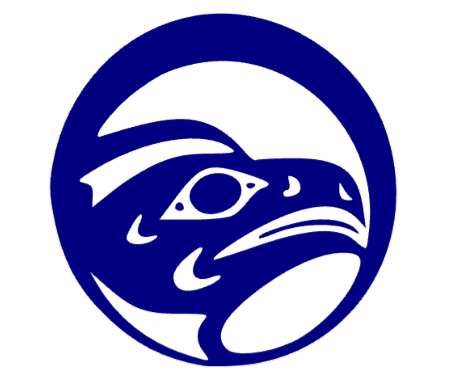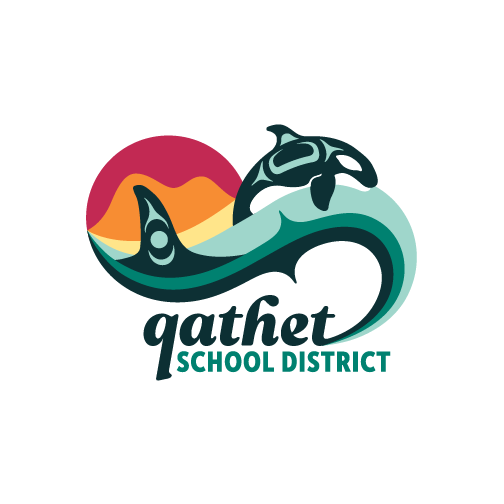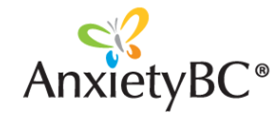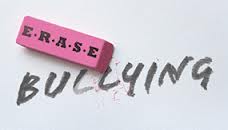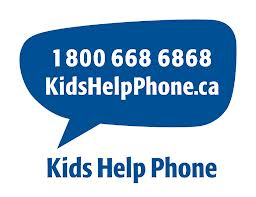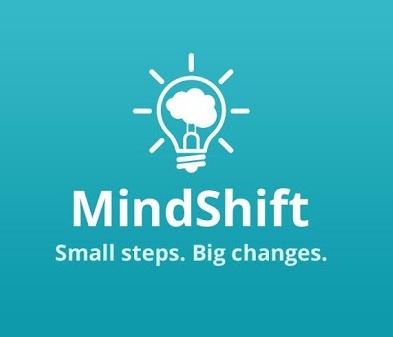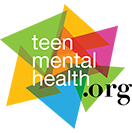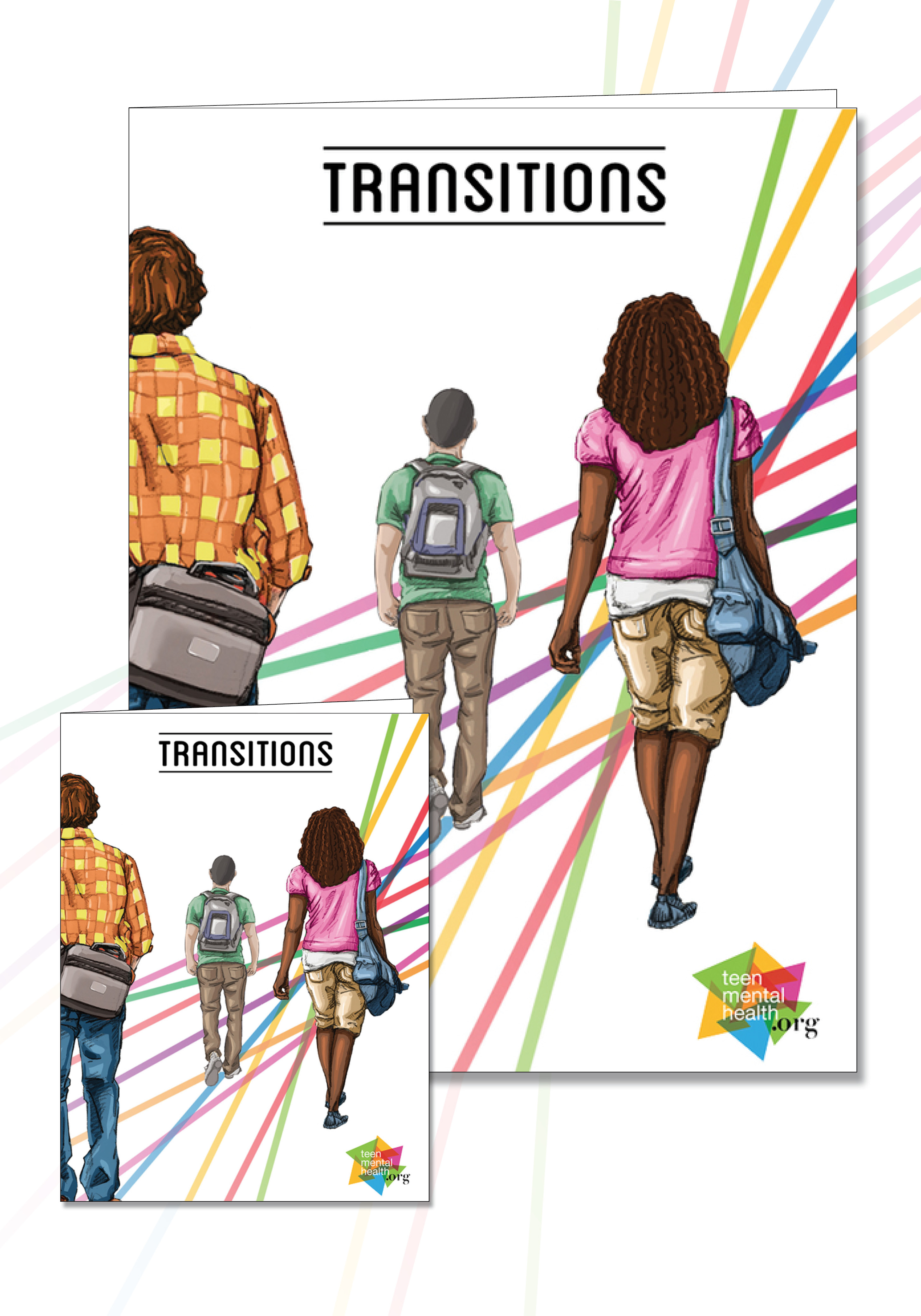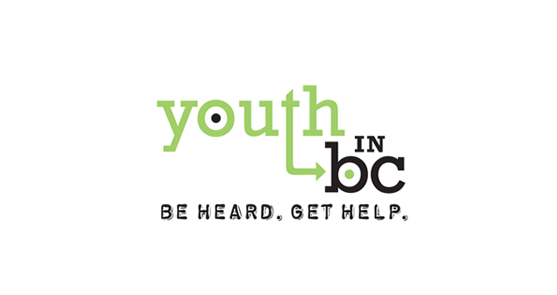Personal Counselling
Helpful Resources and Websites
Anxiety BC provides self-help information and programs, as well as resources for parents and other caregivers. Their youth section provides links to Anxiety 101, self-help strategies, and information for common problems like perfectionism, panic attacks, social anxiety, tolerating uncertainty, and test anxiety, to name a few.
 Canadian Association for Suicide Prevention
Canadian Association for Suicide Prevention
The Canadian Association for Suicide Prevention (CASP) provides information and resources to reduce the suicide rate and minimize the harmful consequences of suicidal behaviour. Links on understanding, preventing, coping and intervening, grieving and advocating are provided.
 Canadian Centre for Child Protection (Cyber Tip)
Canadian Centre for Child Protection (Cyber Tip)
This charitable organization is dedicated to the personal safety of all children. Their goal is to reduce child victimization by providing national programs and services to the Canadian public. This includes information and other resources, as well as support and referral services.
 Canadian Centre for Child Protection (Need Help Now)
Canadian Centre for Child Protection (Need Help Now)
Need Help Now is an online resource that helps youth and their families learn about sharing images/video online. It includes information about how to remove inappropriate pictures from the Internet, how to get help when they need it and how to cope with a difficult online situation.
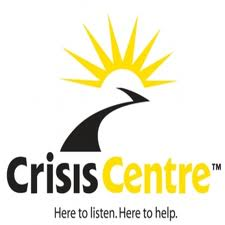 Crisis Intervention and Suicide Prevention Centre of BC
Crisis Intervention and Suicide Prevention Centre of BC
The Crisis Intervention and Suicide Prevention Centre of British Columbia is a volunteer driven organization committed to helping people help themselves and others deal with crisis. Links to crisis lines and community resources, as well as information about understanding and recognizing suicide, are also provided.
This resource is meant to provide teens with accurate information about depression. It is not a psychological or medical treatment, and is not a replacement for treatment. It does teach teens a set of skills they can apply to help cope with depression.
Erase Bullying is a website sponsored by the BC Ministry of Education. It provides information about bullying definitions, bullying vs conflict, risk factors, effects of bullying and how to get help, including an online reporting tool.
The Powell River Family Friendly website includes a list of agencies, websites and a wealth of information that can assist parents raise healthy and happy children. The website includes local contacts and resources and also provides emergency contact information for when parents need help right away. We welcome your comments, questions and suggestions about parenting, children and youth.
HeretoHelp is a project of the BC Partners for Mental Health and Addictions Information. It contains personal stories, self-help resources, information on how to get help for a mental health or substance use problem, and links to other BC and Canadian resources and programs.
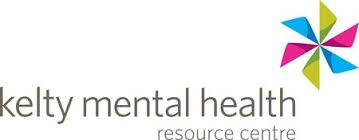 Kelty Mental Health Resource Centre
Kelty Mental Health Resource Centre
The Kelty Mental Health Resource Centre is designed to support BC children, youth, and their families to find and use a wide range of resources regarding mental health and substance use issues. This is a free, actual and virtual resource for all BC families.
Kids Help Phone is Canada's only toll-free, 24-hour, bilingual and anonymous phone counselling, web counselling and referral service for children and youth. The website also contains valuable information on a wide variety of teen issues.
This website is designed to help youth and young adults in BC check out how they’re feeling and quickly connect to mental health resources and support for mood and anxiety, stress, alcohol and other drugs, body image, etc. Support includes education, self-care tools, website links, and assistance in connecting to local professional resources.
Struggling with anxiety? Tired of missing out? There are things you can do to stop anxiety and fear from controlling your life. MindShift is an app designed to help teens and young adults cope with anxiety.
Parent Guide to Cyberbullying and Cyberthreats
This detailed parent resource from Nancy Willard's book, Cyberbullying and Cyberthreats, is intended to give parents insight into cyberbullying and guidelines to prevent and respond.
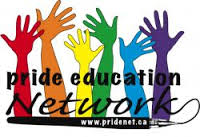 Pride Education Network Resources
Pride Education Network Resources
The Pride Education Network is a group of teachers, administrators, support staff, youth and parents who strive to make the BC school system a welcoming and equitable place for LGBTQ students, staff and families. Resources are available for youth, parents, and educators.
 Responding to Child Welfare Concerns: Your Role in Knowing When and What to Report
Responding to Child Welfare Concerns: Your Role in Knowing When and What to Report
We all have a role to play in keeping children safe. This resource shows how you can help by knowing the signs of abuse and neglect and knowing what to do when a child may be at risk.
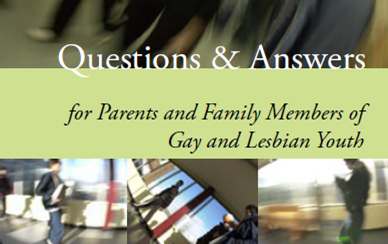 Questions & Answers for Parents and Family Members of Gay and Lesbian Youth
Questions & Answers for Parents and Family Members of Gay and Lesbian Youth
This booklet is for parents and family members who are dealing with their child's coming out process or preparing for the process.
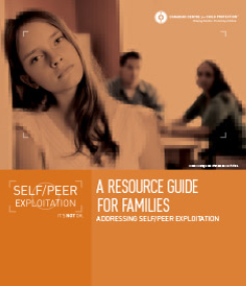 Self/Peer Exploitation: A Resource for Families
Self/Peer Exploitation: A Resource for Families
This guide is designed to assist families when responding to a self/peer exploitation incident; it is also a useful tool to base a discussion with your child about preventing his/her involvement in this type of activity.
Written in collaboration between educators and mental health professionals, the Mental Health & High School Curriculum Guide is a nationally and internationally implemented curriculum resource used to improve both teacher and student Mental Health Literacy.
“Transitions”, the first publication of its kind, provides first-year post-secondary students with information on topics including learning styles, time management, resiliency, relationships, mental illness, and addictions. The guide also includes mental health self-help information and contains recommendations where students can go to get help on their campus.
Youth In BC is an internet-based service where youth in distress can connect live, one-on-one with a crisis chat volunteer (noon – 1am, 7 days a week), obtain email support from professional staff, locate timely & accurate information on different issues (such as abuse and assault, disordered eating, self-harm, suicide, sexual health, etc.), and connect to referral services in their own community.
